When you think of the word ‘hydration’, your thoughts may immediately go to water. And for the longest time I’ll admit…I thought the same thing. Not only that…but I was actively telling all clients to just “drink more water” as if that would solve their problems. And to some extent…there may have been some positive outcomes if, for example, they went from consuming boatloads of soda to drinking more water. However…there is a lot of nuance when it comes to hydration and that is what I want to cover today. We will only be scratching the surface as one could write a book (a series of books, even) on hydration and not cover everything there is to know about it.

What I want to do first is shift your perspective from thinking hydration meaning more water to instead think of hydration as meaning balanced minerals. The reality is that you may not need more water in order to be more hydrated. Quite the contrary. If you drink too much water, you can deplete yourself of the vital minerals your body needs! So, if you have been thinking a gallon per day is serving you well, you may want to think again (especially depending on what kind of water you drink).
You may be wondering…why do minerals even matter? Well let’s think of it this way. Your body is run by thousands of enzymes facilitating biochemical reactions 24/7. Without them, everyday processes like digestion, muscle & nerve function, respiration, etc. would not function properly eventually leading to sickness and death. What’s the connection here? Well…without minerals, enzymes cannot function!

So, we know you want your enzymatic function to be optimal and in order to do that we need to know how to replenish & balance minerals. The next logical question may be “where should the minerals come from?”
They come from our food and water. Thousands of years ago getting the right minerals would have been simpler as hunters and gatherers. Drinking mineral rich spring water that was structured through nature was easy. Eating mineral rich foods that hydrated cells was second nature. Fast forward to the Industrial Age when chemicals began being heavily sprayed on the soil and in the air. Not only that, but our foods were taken over by big agriculture. Most of what people take in now are highly processed foods with synthetic vitamins & minerals added back in. To some, synthetic vitamins and minerals added back might sound like a good thing (the powers that be do their best to manipulate you in believing that!)…but in reality this significantly adds to the problem and actually causes more of an imbalance and destroys our cellular metabolism. Now we have to be more intentional with making sure our minerals are balanced, our cells are hydrated, and our overall toxic load isn’t out of control. But you might be thinking…how do we do this?
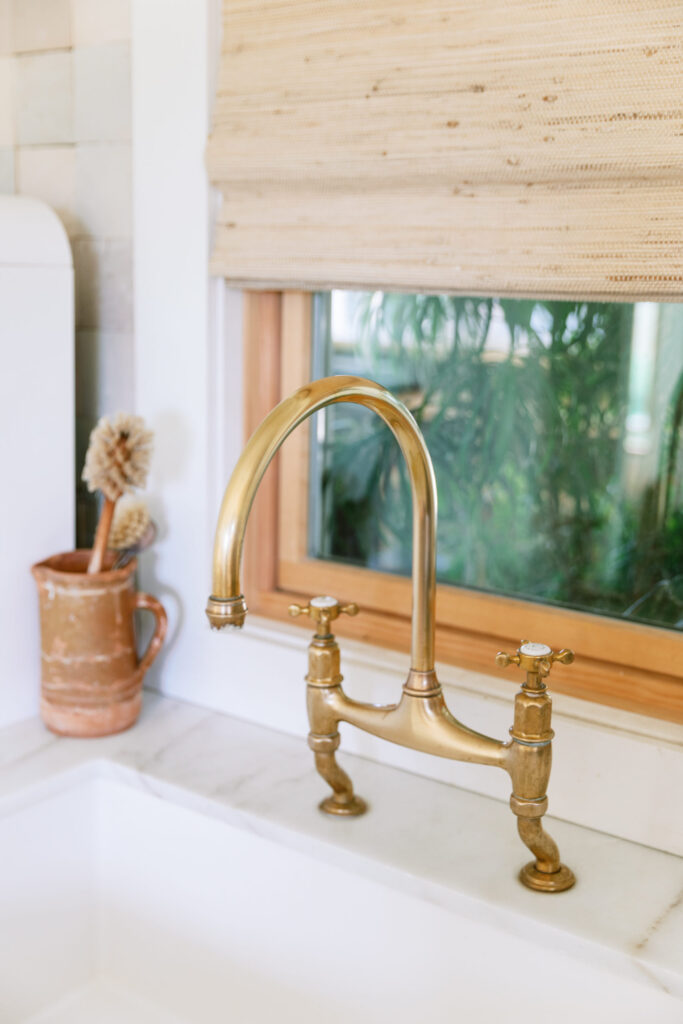
First off…ditch the tap water. Tap water contains dirt, rust, chemicals, and other pollutants that leach from the pipes or come from the groundwater runoff. Everything from arsenic, fluoride, lead, and nitrites may be in the water you are drinking causing you to be sick and mineral depleted.
Second off…understand that like anything else…there is a good/better/best/optimal scale to this. A problem solver might hear this and quickly jump to drinking only bottled water after hearing how bad tap water is. But what they might not be thinking about is how bottled water will expose them to loads of plastic with endocrine disrupting chemicals.
So where does this leave us? Below is a quick guide to what I believe to be the good/better/best/optimal scale for how to drink your water depending on what season you are in and how much of a priority it is to you.
What is good? Anything other than tap water with any generic filter (as long as you change the filter often!) You may not know exactly what you are getting but if it’s filtering out any of the chemicals AND you are changing out the bacteria filled filter, then you are better off. Another good option is bottled water (but doing your best to find it in glass versus plastic). Granted…you don’t always know what you are getting unless you do the research, but I do feel this is better than tap water.
What is better? Knowing what to look for in a water filter and choosing one that does third party testing with transparent results. One of my favorites (that is more affordable than a whole house system) is Live Pristine. Clearly Filtered is also another popular one. Filtering your water with a high-quality filter like one of these into glass or stainless steel is going to be better than most bottled ones and certainly better than tap.

What is best? As you begin to step up your game and learn a little bit more about the different kinds of filters and the different kinds of water…you ask the question…what kind of water is best? Is spring better than reverse osmosis. What’s the difference? While I will have to dive into these questions on a different post…I will say that if you go the spring water route, I would ensure to get it tested to see what the quality is. The most trusted source for this is My Tap Score. If you don’t do this and need a quick option to feel better about your water choices, I would recommend distilled or reverse osmosis in glass bottles (making sure it’s re-mineralized as discussed below).
What is optimal? After years going down the water rabbit holes and climbing up the good/better/best/optimal scale myself…I have landed on re-mineralized distilled water stored in glass as the most optimal option. This is because distilled water is pure- nothing is in it. No chemicals…but also no minerals. Which is why I would never recommend drinking it without re-mineralizing it. For re-mineralizing I use Quinton, Trace Minerals Concentrace, or Aussie Trace Minerals. To avoid getting gallons of distilled water in plastic jugs, I recommend getting your own home distiller. My Pure Water is the best (10% off with Code: MICHELLE). For further protection, I would recommend Greenfield Water (10% off with Code: MICHELLE), which is a top-of-the-line full home system so you can rest assured that it’s not just the water you are drinking or cooking with is clean, but also know that the water you bathe in is void of harmful toxins.
There is so much more to dive into that I will save for future posts (structured water, details on what to look for within water quality reports, the difference kinds of waters, alkaline water, electrolyte water, hard water, etc.)…until then know that optimal cellular hydration is critical for health and it should definitely be one of the first foundational pillars you focus on. Not to just begin healing the body, but to thrive!
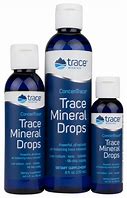
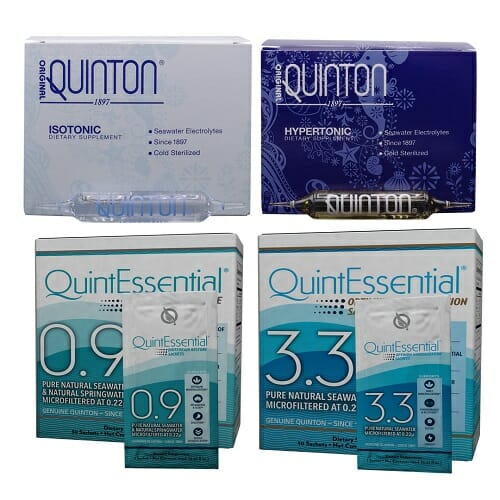
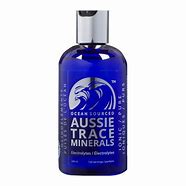
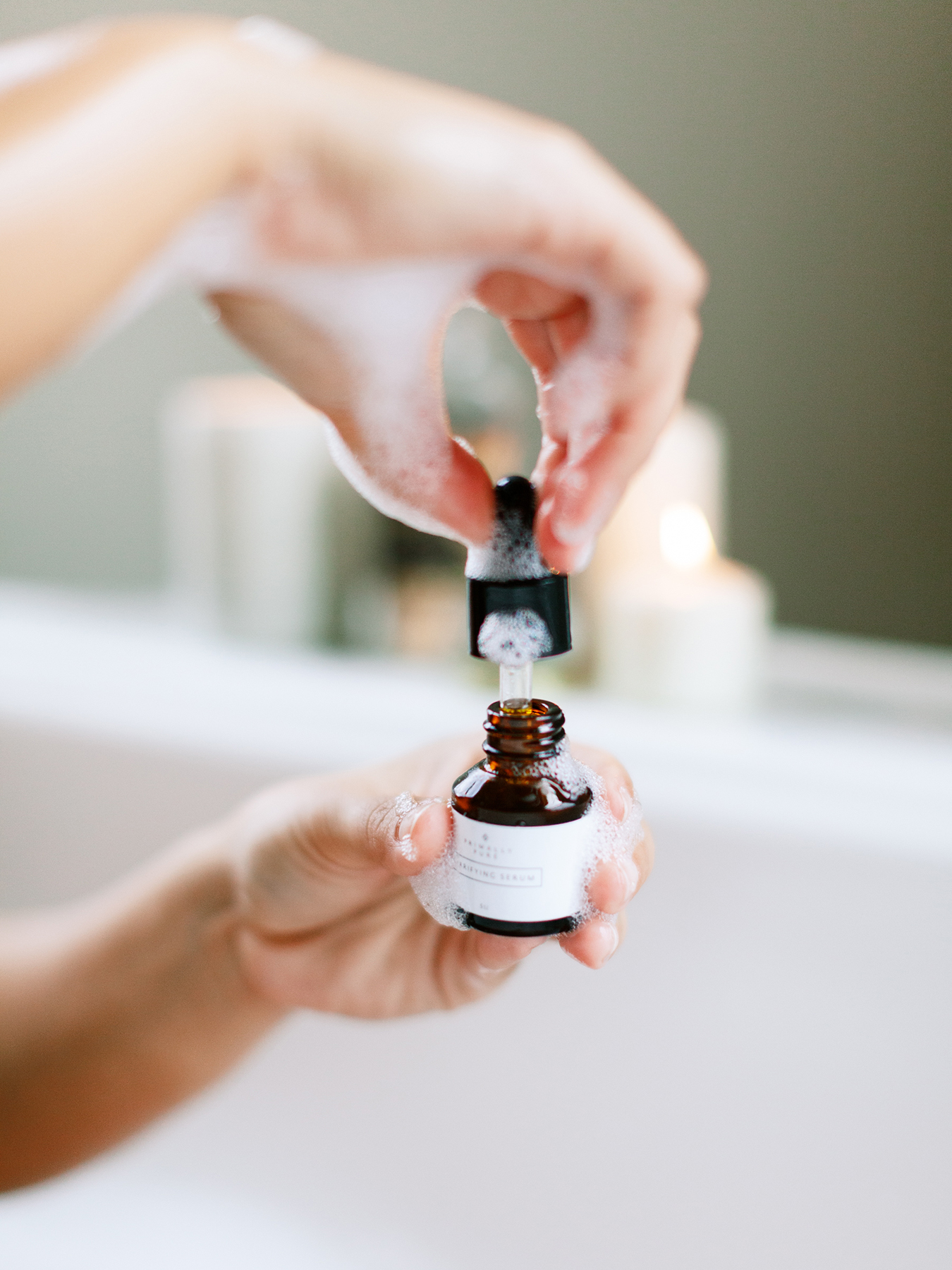


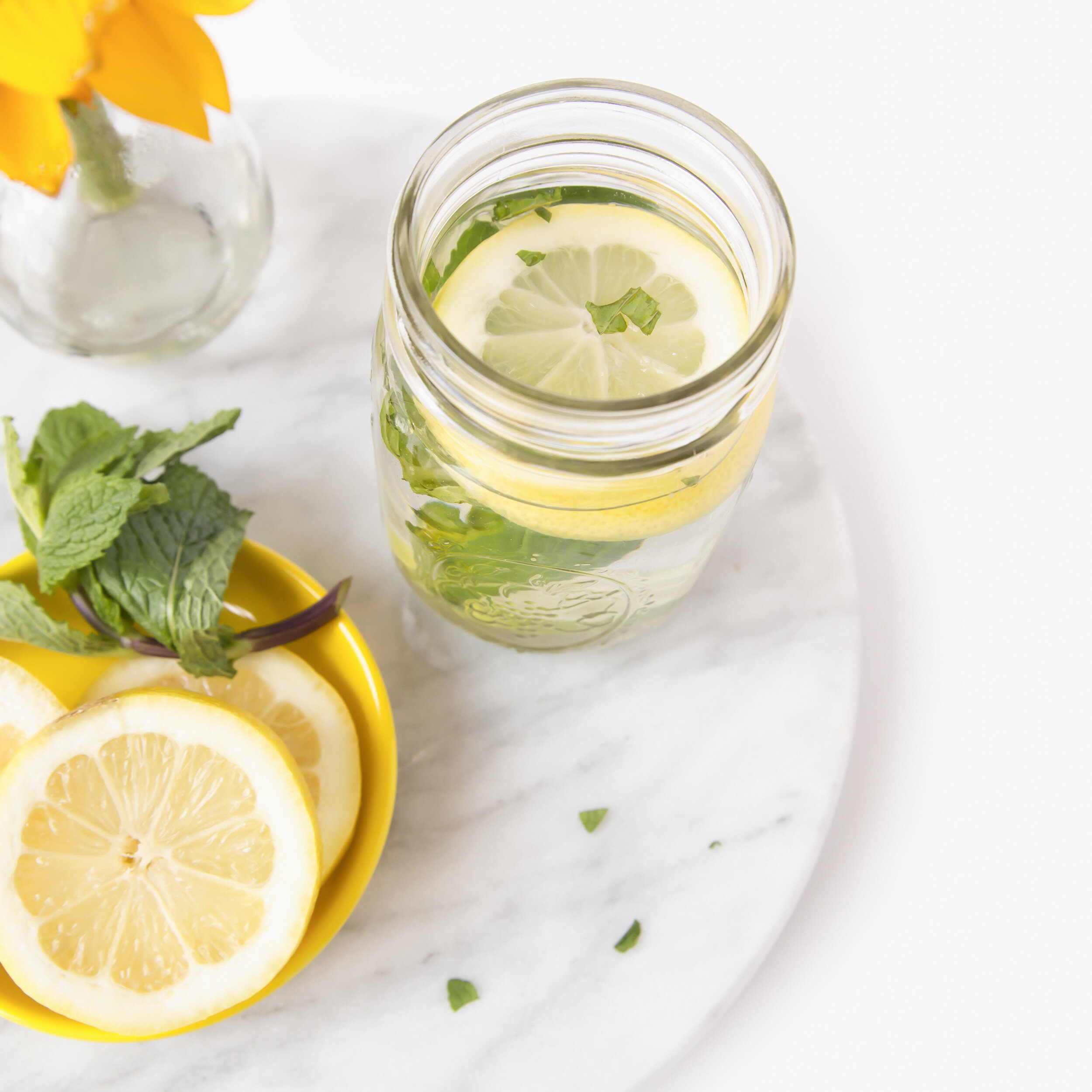

+ show Comments
- Hide Comments
add a comment